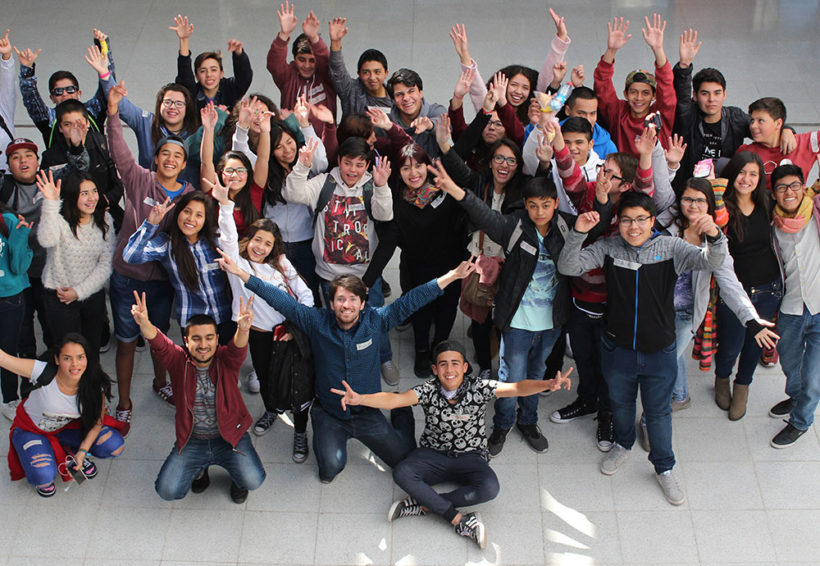Immediately afterwards the 2010 earthquake, at Fundación Semilla we took on the task of supporting schools in the devastated area of the O’Higgins Region, through Post Traumatic Stress Containment programmes. Soon after, we realised that the stress was caused by the violence in the school context and its environment, and not by the material losses experienced by the entire population of these territories.
Abuse, bullying, sexual harassment, authoritarianism, lack of dialogue, discrimination, lack of participation and many other violent behaviours were normalised, generating a high level of stress in the various strata. The earthquake had been a good excuse to address a topic that had been taboo in educational establishments until then. Our presence was a healthy catalyst for the community to face its reality of violence.
Today we face a similar situation, because the pandemic and non-attendance classes are being looked at as “the” cause of violence in school contexts and, although there may be some problems derived from isolation and lack of socialisation, the causes of violence or bad coexistence are structural in nature. Society has changed, but the culture and the educational system have not adapted to the new times.
The Minister of Education, Marco Antonio Avila, presented this week the “Well-being and Coexistence Strategy” for the school system and pointed out that “this strategy considers the delivery of pedagogical resources to support educational communities, direct intervention actions to support educational establishments with critical cases and the creation of an Advisory Council for Coexistence and Non-Violence, which brings together 13 experts in mental health, well-being and coexistence, who will be in charge of guiding public policies in the short and long term in this area”.
Although coexistence is a public policy that has been included in ministerial programmes for some years, this is the first time that a Minister of Education has focused on school coexistence. At Fundación Semilla we are proud that our executive director, Matías Nieto, has been invited to take part in this event. It is a recognition of his career and that of Semilla, which has studied, researched, created pedagogical tools and implemented programmes in the field of school coexistence.
The antonym of violence is coexistence, and the latter is achieved through education that develops socio-emotional skills. Confronting violence and promoting coexistence in school contexts is not only an ethical challenge, but also has fundamental consequences at the individual and collective level with an impact on areas such as academic performance, health, citizenship and social cohesion.
We hope that school communities will rise to this challenge and assume the implementation of the general guidelines issued by the Ministry that focus on school coexistence, assuming a strong involvement of School Councils for territorial adaptation so that its approach is sustainable over time.










